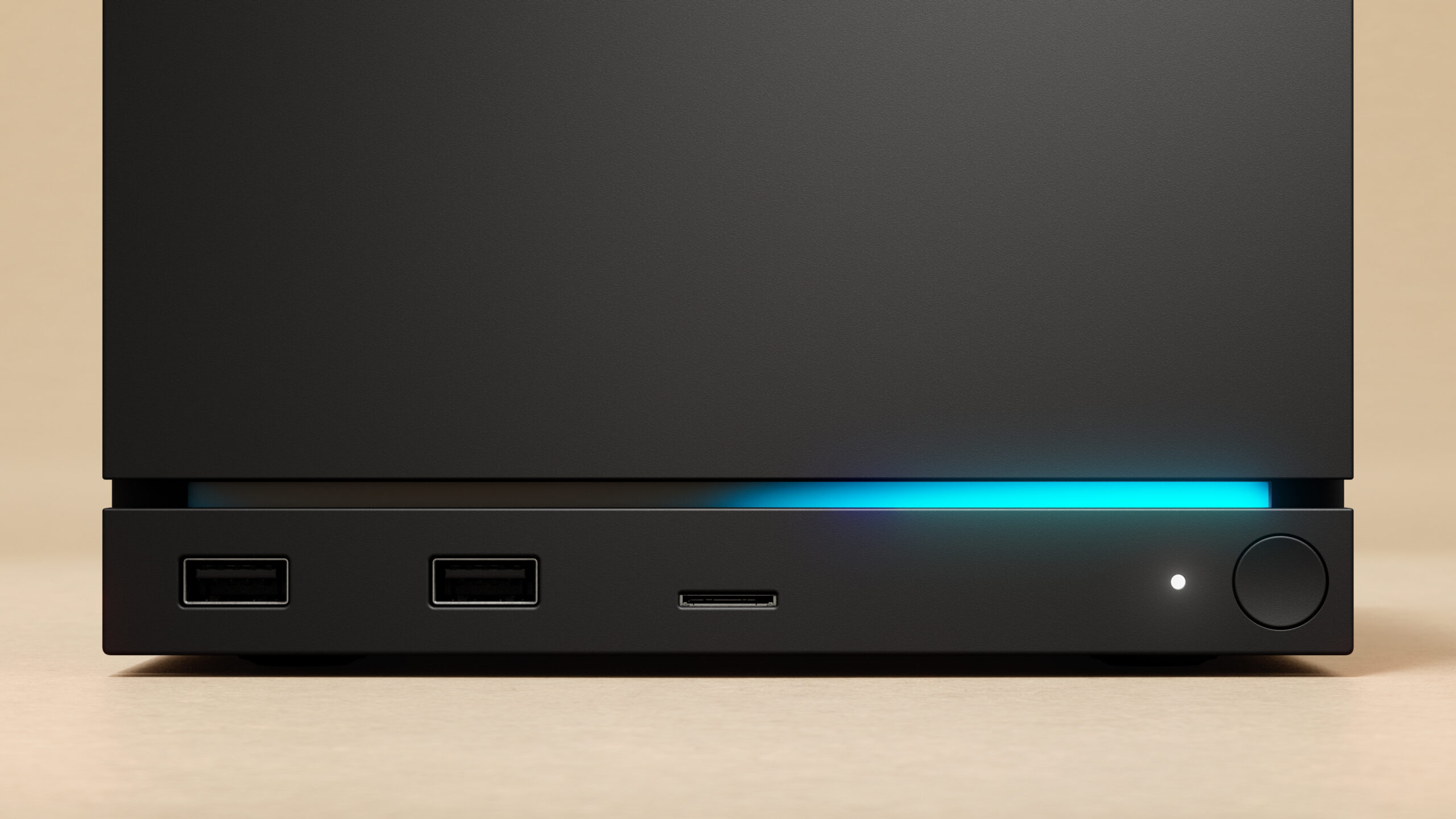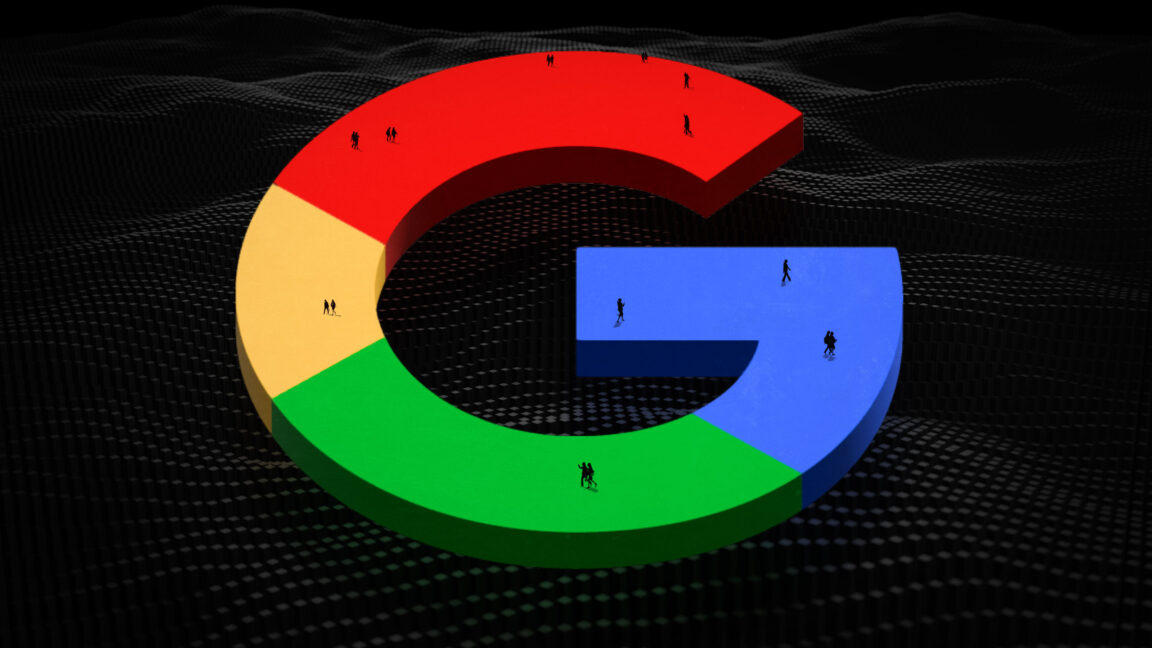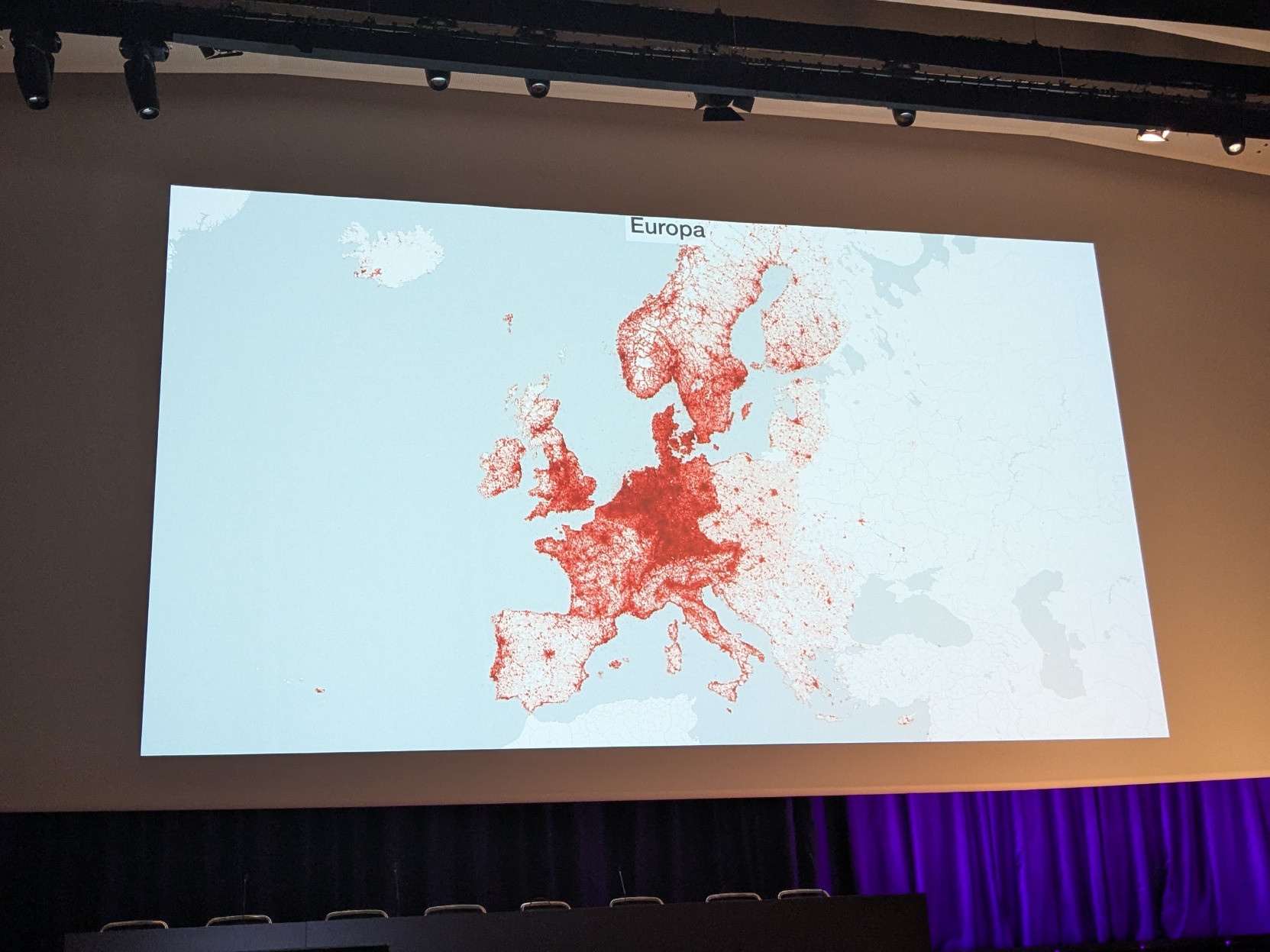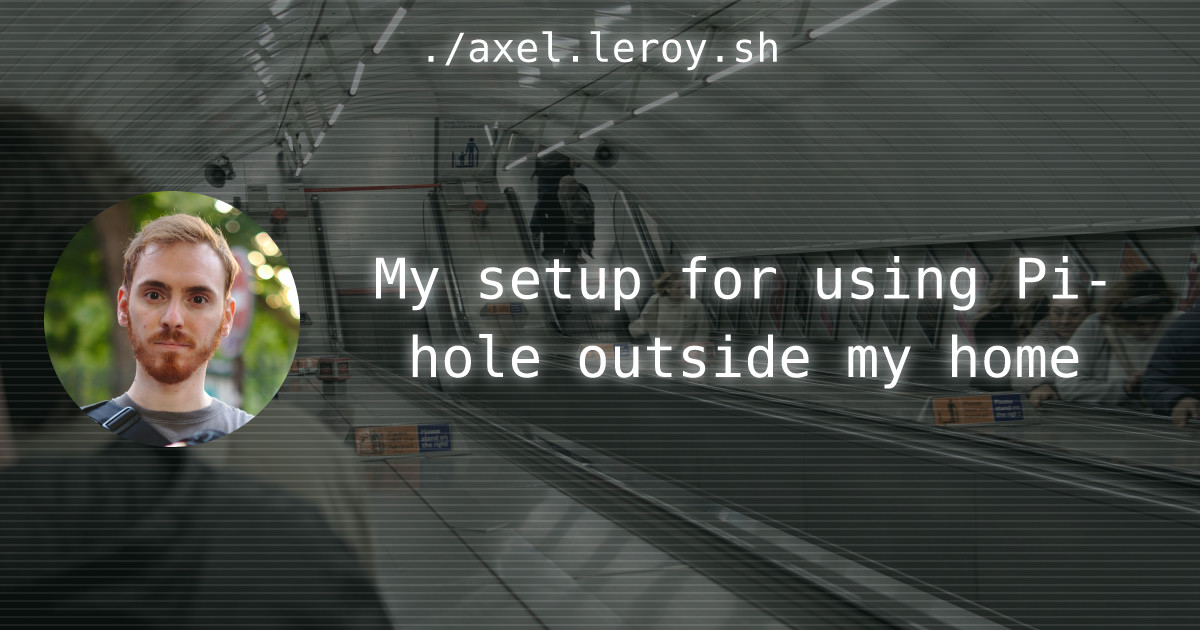

The post you linked to is 9 years old, back then UEFI support on Linux was very limited. Nowadays, pretty much any distro under the sun supports it. The question then, is whether the computer has Secure Boot enabled and can be disabled. Ubuntu and Fedora are signed with Microsoft keys if I recall correctly, so you wouldn’t need to disable it, unlike other distros.
You did say you tried installing Debian and Ubuntu, am I reading this right? Can you give us more details, like which ISO, how you created the Live USB, what error messages you got, etc.






















Another option would be virtualisation if your computer has enough CPU and RAM for that. One downside I can think of, is trying to enable Illustrator’s and Photoshop’s hardware acceleration.